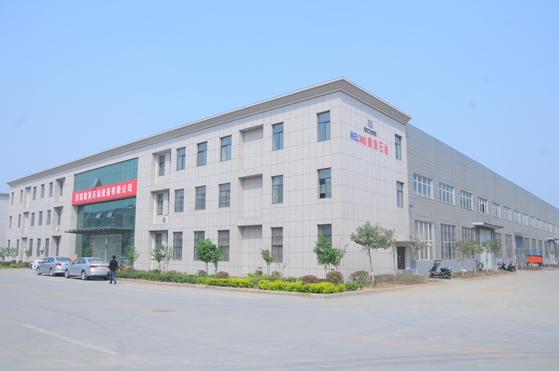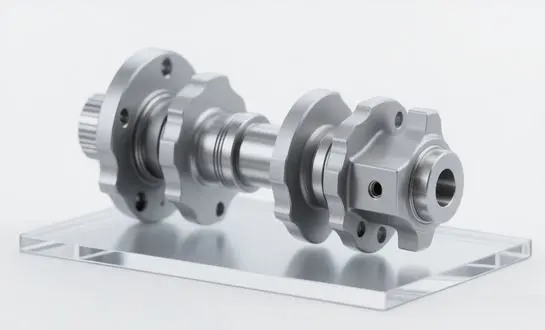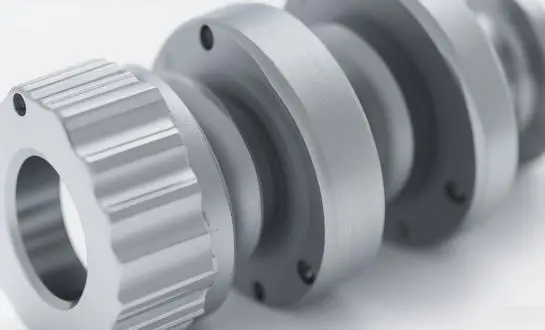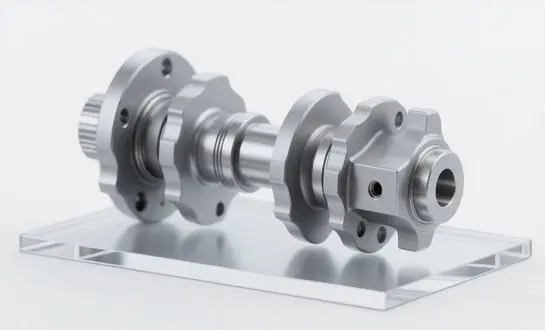Best Rolling Machines for High-Precision Applications
In the realm of high-precision metalworking, the latest rolling machines are pushing the boundaries of what's possible. These machines are designed to produce metal components with incredibly tight tolerances, catering to industries where even the slightest deviation can have significant consequences.
Nano-Precision Rolling Technology
The advent of nano-precision rolling technology has revolutionized the production of ultra-thin metal sheets and foils. These advanced machines utilize rolls for rolling machines that are engineered at the nanoscale, allowing for unprecedented control over the rolling process. The result is metal products with surface finishes measured in nanometers, perfect for applications in electronics and aerospace industries.
Adaptive Control Systems
Modern rolling machines are increasingly equipped with advanced adaptive control systems that allow for continuous real-time adjustments during the rolling process. These systems use an array of sensors to monitor key factors such as temperature, pressure, and material properties. By collecting this data, the system can make micro-adjustments to the rolls, ensuring that they maintain optimal performance throughout the entire process. This ability to adapt in real-time enhances efficiency, improves product quality, and helps prevent issues like uneven thickness or surface defects.
Multi-Axis Precision Rolling
Multi-axis precision rolling machines represent a significant advancement in the ability to produce complex geometries with unmatched accuracy. Unlike traditional rolling methods, these machines are capable of manipulating both the workpiece and rolls in multiple directions at the same time. This capability enables the production of intricate profiles, unique shapes, and detailed designs that were previously difficult or impossible to achieve. With these machines, manufacturers can create highly precise products that meet tight specifications, expanding the possibilities of what can be produced through rolling.
Most Durable Rolling Machines for Heavy-Duty Use
Heavy-duty rolling applications demand machines that can withstand extreme forces and operate continuously without failure. The top rolling machines in this category are built to last, incorporating cutting-edge materials and design principles to ensure longevity and reliability.
Advanced Wear-Resistant Materials
The latest heavy-duty rolling machines feature rolls for rolling machines made from advanced wear-resistant materials. These alloys combine high hardness with excellent toughness, resisting deformation and wear even under the most demanding conditions. Some manufacturers are now using ceramic-metal composites that offer superior performance compared to traditional steel rolls.
Intelligent Lubrication Systems
To further enhance durability, top rolling machines now come equipped with intelligent lubrication systems. These systems automatically adjust lubrication based on operating conditions, ensuring optimal performance and extending the lifespan of critical components. Some advanced models even use nano-lubricants that form a protective layer at the molecular level.
Modular Design for Easy Maintenance
Recognizing the importance of minimizing downtime, manufacturers have adopted modular designs for their heavy-duty rolling machines. This approach allows for quick replacement of worn components, reducing maintenance time and increasing overall productivity. Some machines even feature hot-swappable rolls, enabling continuous operation during routine maintenance.
Energy-Efficient Options for Sustainable Operations
As sustainability becomes increasingly important in manufacturing, rolling machine manufacturers are focusing on developing energy-efficient solutions that reduce environmental impact without compromising performance.
Regenerative Braking Systems
Advanced rolling machines now incorporate regenerative braking systems that recover energy during the deceleration phase of the rolling process. This recovered energy is then used to power other components of the machine or fed back into the grid, significantly reducing overall energy consumption.
Smart Power Management
The latest energy-efficient rolling machines feature smart power management systems that optimize energy use based on workload. These systems can dynamically adjust power consumption, ensuring that energy is used efficiently across all stages of the rolling process.
Eco-Friendly Roll Manufacturing
Manufacturers are also focusing on the sustainability of the rolls for rolling machines themselves. New manufacturing processes use recycled materials and energy-efficient production methods to create rolls that not only perform better but also have a lower carbon footprint.
As we look to the future of metalworking, it's clear that rolling machines will continue to play a vital role in shaping the industry. The advancements in precision, durability, and energy efficiency are opening up new possibilities for manufacturers across various sectors. Whether you're producing ultra-thin electronic components or heavy-duty structural elements, there's a rolling machine designed to meet your specific needs.
In conclusion, the top rolling machines of 2025 represent the pinnacle of metalworking technology, offering unparalleled precision, durability, and efficiency. As the industry continues to evolve, we can expect even more innovative features and capabilities to emerge, further enhancing the role of rolling machines in modern manufacturing.
For more information on cutting-edge roll for rolling machine and how it can benefit your operations, don't hesitate to reach out to industry experts. Contact us at oiltools15@welongpost.com to learn more about the latest advancements in rolling machine technology and how Welong can support your metalworking needs.





